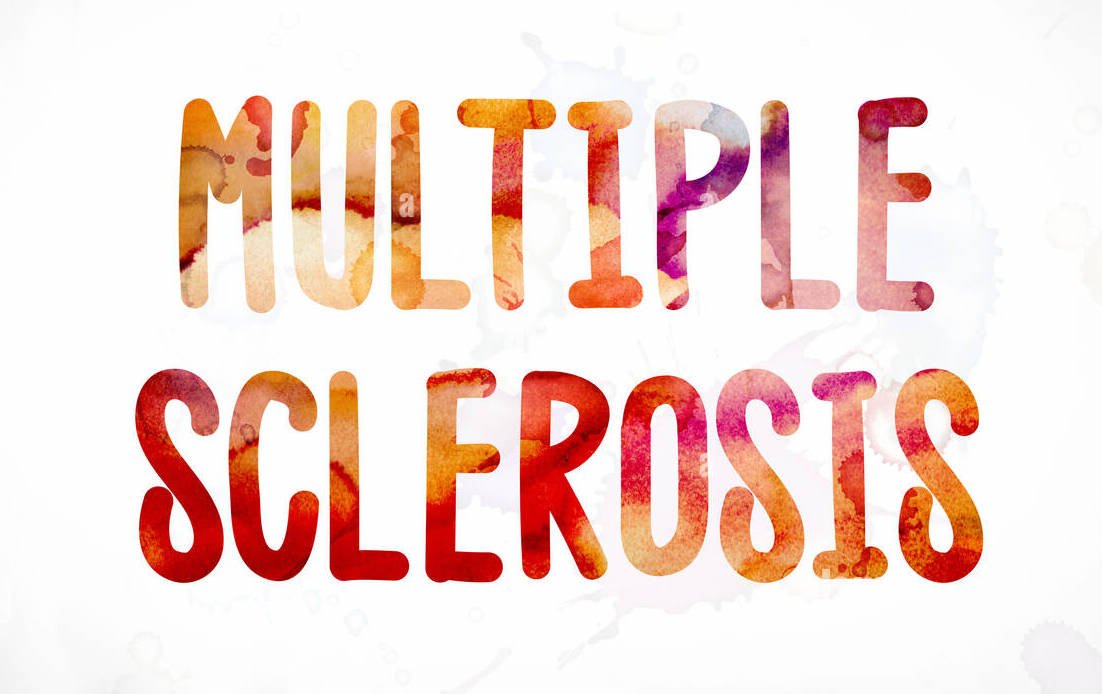
Australia's Monash University researchers have used the world’s largest multiple sclerosis (MS) registry, MSBase, to provide evidence that will help those with MS take the best medicine for them.
People with MS often need to switch drugs to fully control their disease. These switch decisions are complex because until now there has been no good evidence to choose one new drug over another.
This new study has determined disease outcomes for three common drugs that people switch to after stopping the popular MS drug fingolimod due to disease breakthrough or side effects. The results will enable people with MS and their care teams to make evidence-based decisions about medication.
Fingolimod is approved as a first-line MS therapy in Australia, the US, Canada and other countries. But after a few years of treatment many patients stop taking it because of adverse side effects, further relapses, or disease progression.
Ocrelizumab performed best in reducing the annualised relapse rate, followed by natalizumab and cladribine. Natalizumab was found to have the most improvement in disability, and patients persisted longest on ocrelizumab.
The next stage of the research is to assess the safety of the three drugs compared with fingolimod. This is a key part of understanding the overall clinical benefit and will add more evidence for specialists to guide patient’s treatment.




